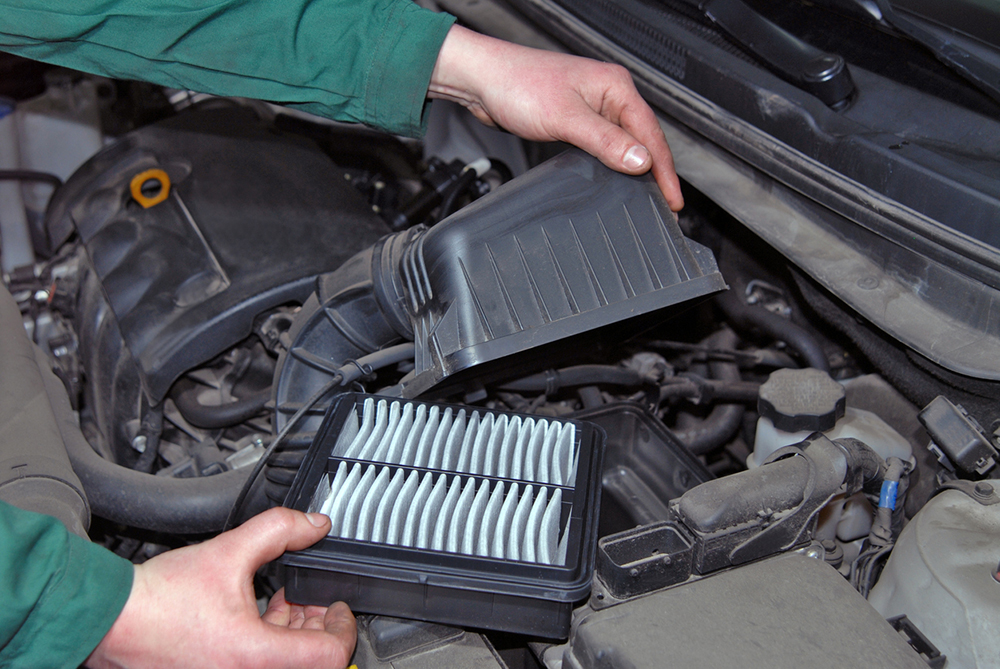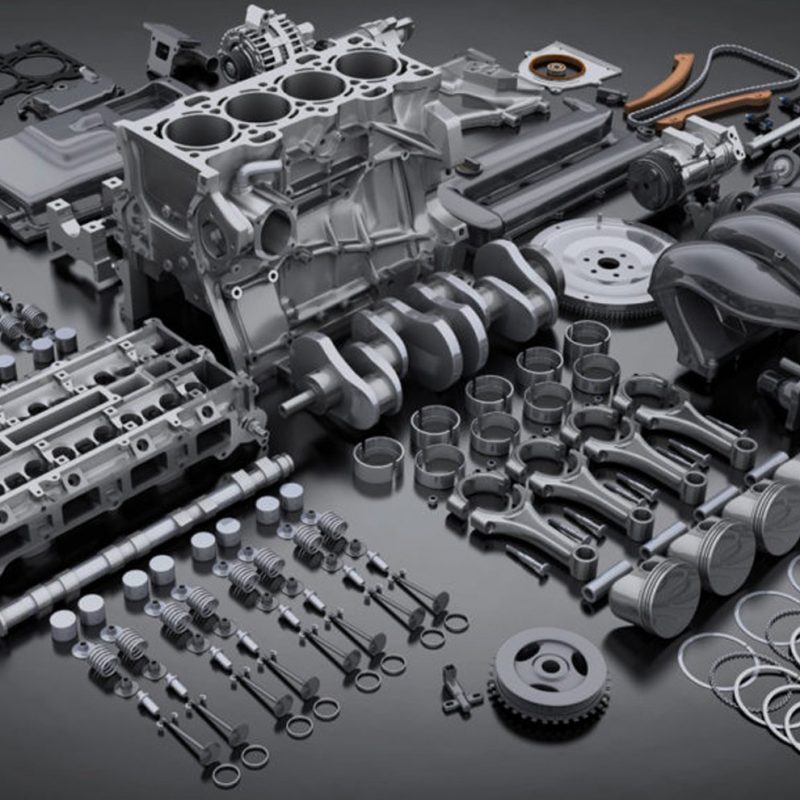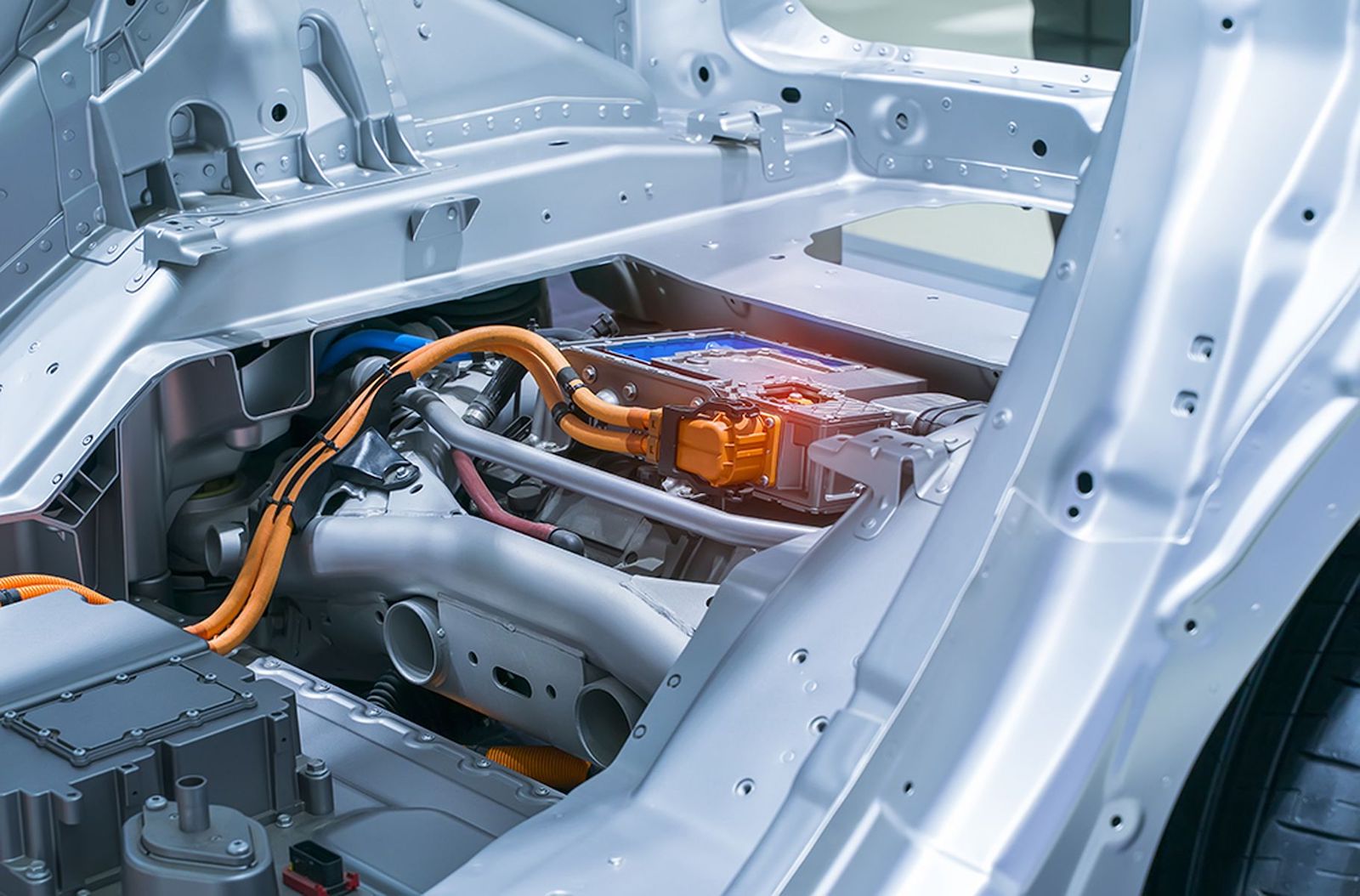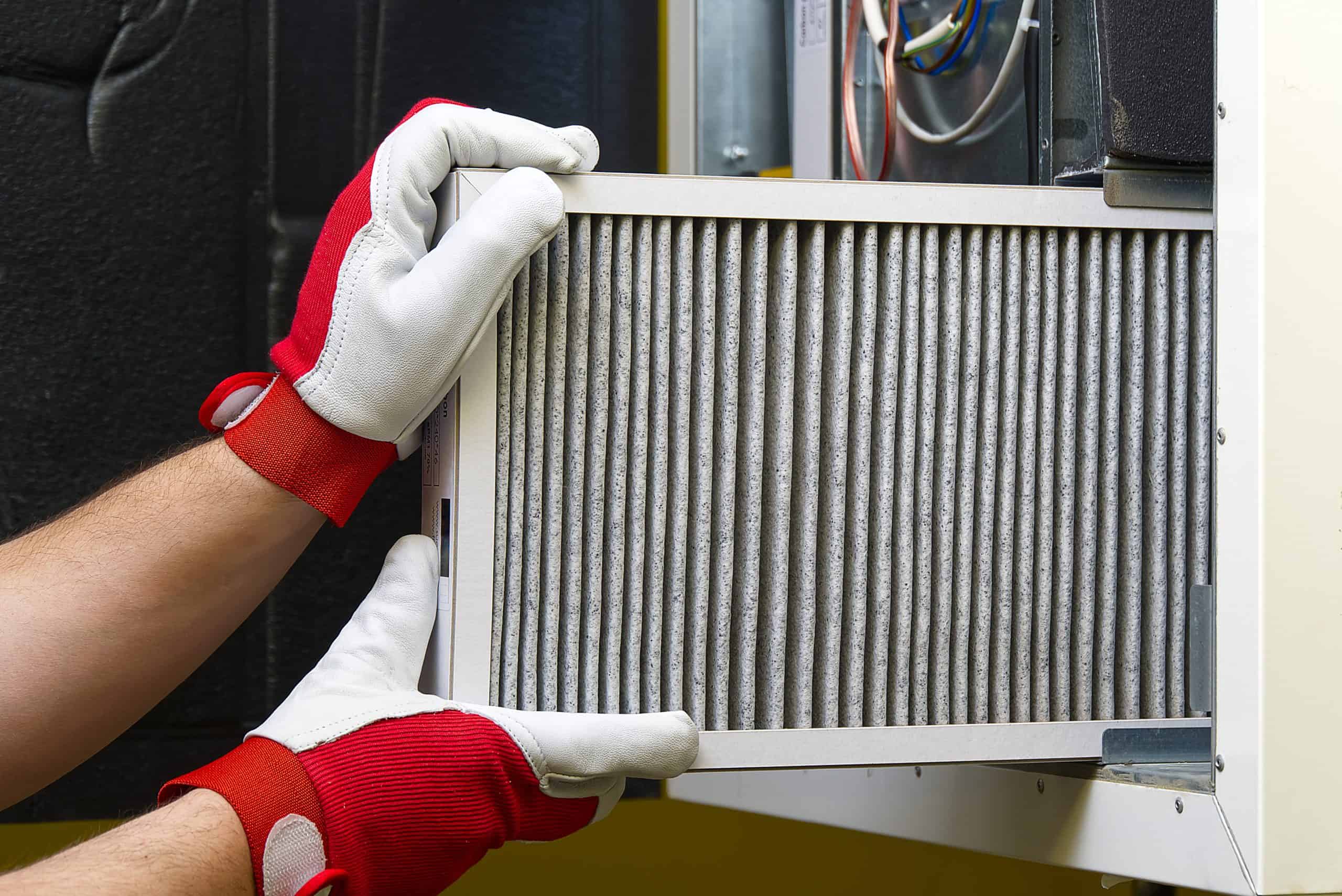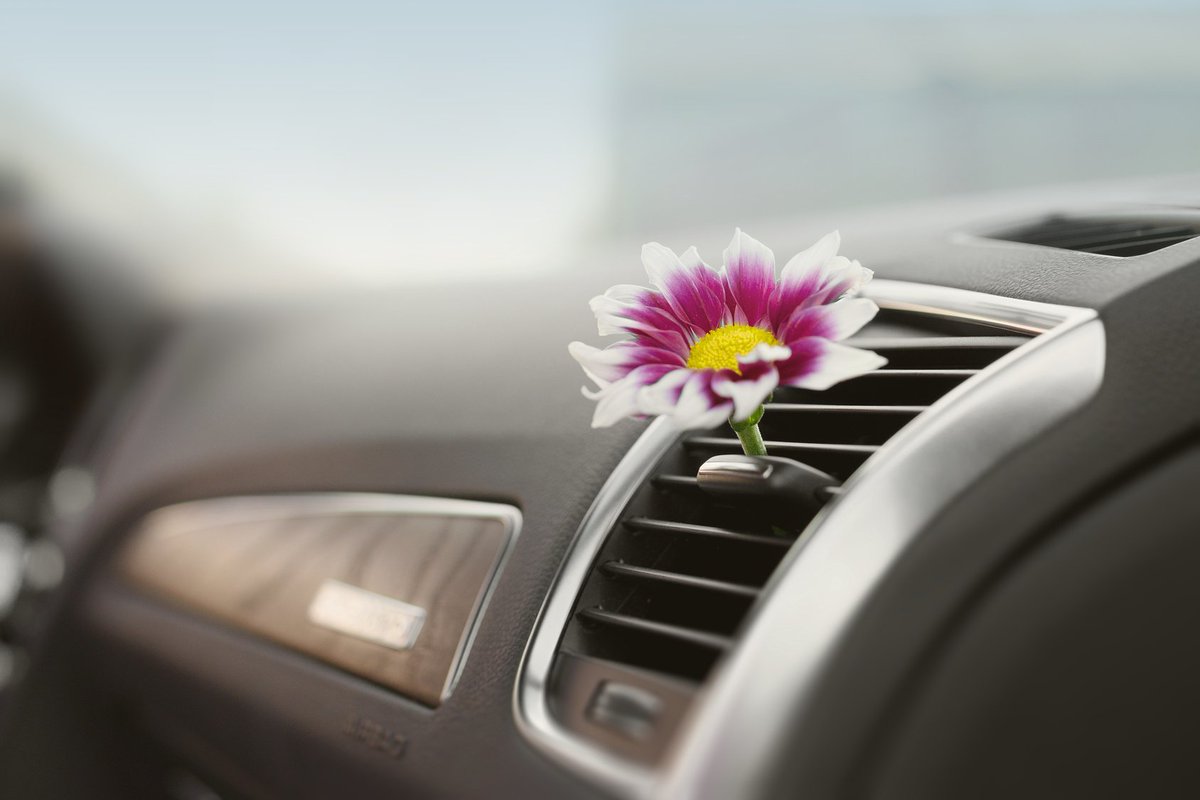Understanding the Different Types of Engine Air Filters
Understanding the Different Types of Engine Air Filters
An engine air filter (car air filter) is a crucial component of a vehicle’s air intake system. It is responsible for filtering out dust, dirt, and other particles from the air before it enters the engine. This helps to prevent damage to the engine and keep it running smoothly. A clean air filter can also improve the vehicle’s fuel efficiency and reduce emissions.
Overview of different types of engine air filters There are several different types of engine air filters available on the market, each with their own unique characteristics and benefits. These include paper air filters, cotton air filters, synthetic air filters, and oiled air filters. Each type has its own pros and cons, and it’s important to understand the differences between them to make an informed decision when choosing the right air filter for your vehicle.
II. Paper Air Filters
Paper air filters are the most common type of engine air filter. They are made from layers of pleated paper that trap dirt, dust, and other particles as air passes through. They are relatively inexpensive and can be easily replaced.
Pros and cons of paper air filters The main advantage of paper air filters is their low cost and easy availability. They are also disposable, which means they can be easily replaced when they become dirty. However, paper air filters are not reusable and they need to be changed frequently. Additionally, paper air filters may not be as efficient as other types of air filters at trapping small particles.
How to properly maintain and replace paper air filters To ensure that a paper air filter is working at its best, it should be checked and replaced regularly. The frequency at which it needs to be replaced depends on the vehicle’s usage and driving conditions. Check the vehicle’s owner’s manual for the recommended replacement interval. When replacing the paper air filter, follow the instructions in the vehicle’s manual or the instructions that come with the new filter. It is important to use the correct size and type of filter for your vehicle. Also, if the filter is dirty, make sure to clean the housing, too, before putting in the new filter.
In summary, paper air filters are a cost-effective option, but they need frequent replacement, and they may not be as efficient in trapping small particles as other types of air filters.
Cotton Air Filters
Cotton air filters are made from layers of woven cotton gauze that are treated with a special oil. This oil helps to trap dirt, dust, and other particles as air passes through. Cotton air filters are known for their high filtration efficiency and durability.
Pros and cons of cotton air filters The main advantage of cotton air filters is their high filtration efficiency. They are also reusable, which means they can be cleaned and reused multiple times, making them a more cost-effective option in the long run. Additionally, cotton air filters are known for their durability and can last for a long time. However, cotton air filters require more maintenance than paper air filters, as they need to be cleaned and re-oiled regularly. They can also be more expensive than paper air filters.
 How to properly maintain and replace cotton air filters To ensure that a cotton air filter is working at its best, it should be cleaned and re-oiled regularly. The frequency at which it needs to be cleaned depends on the vehicle’s usage and driving conditions. Check the vehicle’s owner’s manual for the recommended maintenance schedule. When cleaning the cotton air filter, use a specialized cleaning solution or soap and water. Let it dry completely before re-oiling it. It is important to use the correct type of oil for your filter. When replacing the cotton air filter, it is important to use the correct size and type of filter for your vehicle.
How to properly maintain and replace cotton air filters To ensure that a cotton air filter is working at its best, it should be cleaned and re-oiled regularly. The frequency at which it needs to be cleaned depends on the vehicle’s usage and driving conditions. Check the vehicle’s owner’s manual for the recommended maintenance schedule. When cleaning the cotton air filter, use a specialized cleaning solution or soap and water. Let it dry completely before re-oiling it. It is important to use the correct type of oil for your filter. When replacing the cotton air filter, it is important to use the correct size and type of filter for your vehicle.
In summary, cotton air filters are a high-efficiency and long-lasting option, but they require regular maintenance and cleaning, and they can be more expensive than paper air filters.
Synthetic Air Filters
Synthetic air filters are made from synthetic materials such as polyurethane or foam. They are designed to trap dirt, dust, and other particles as air passes through. Synthetic air filters are known for their high filtration efficiency, durability and resistance to extreme temperatures.
Pros and cons of synthetic air filters The main advantage of synthetic air filters is their high filtration efficiency and durability. They are also reusable, which means they can be cleaned and reused multiple times, making them a more cost-effective option in the long run. Additionally, synthetic air filters are resistant to extreme temperatures and can perform well in hot or cold weather. However, synthetic air filters require more maintenance than paper air filters, as they need to be cleaned and recharged regularly. They can also be more expensive than paper air filters.
How to properly maintain and replace synthetic air filters To ensure that a synthetic air filter is working at its best, it should be cleaned and recharged regularly. The frequency at which it needs to be cleaned depends on the vehicle’s usage and driving conditions. Check the vehicle’s owner’s manual for the recommended maintenance schedule. When cleaning the synthetic air filter, use a specialized cleaning solution or soap and water. Let it dry completely before recharging it. It is important to use the correct type of recharge for your filter. When replacing the synthetic air filter, it is important to use the correct size and type of filter for your vehicle.
In summary, synthetic air filters are a high-efficiency and long-lasting option, but they require regular maintenance and cleaning, and they can be more expensive than paper air filters.
Oiled Air Filters
Oiled air filters are similar to cotton air filters in that they are made from layers of woven cotton gauze, but instead of being treated with a special oil, they are coated with a fine layer of oil. This oil helps to trap dirt, dust, and other particles as air passes through. Oiled air filters are known for their high filtration efficiency and durability.
Pros and cons of oiled air filters The main advantage of oiled air filters is their high filtration efficiency. They are also reusable, which means they can be cleaned and reused multiple times, making them a more cost-effective option in the long run. Additionally, oiled air filters are known for their durability and can last for a long time. However, oiled air filters require more maintenance than paper air filters, as they need to be cleaned and re-oiled regularly. They can also be more expensive than paper air filters.
How to properly maintain and replace oiled air filters To ensure that an oiled air filter is working at its best, it should be cleaned and re-oiled regularly. The frequency at which it needs to be cleaned depends on the vehicle’s usage and driving conditions. Check the vehicle’s owner’s manual for the recommended maintenance schedule. When cleaning the oiled air filter, use a specialized cleaning solution or soap and water. Let it dry completely before re-oiling it. It is important to use the correct type of oil for your filter. When replacing the oiled air filter, it is important to use the correct size and type of filter for your vehicle.
In summary, oiled air filters are a high-efficiency and long-lasting option, but they require regular maintenance and cleaning, and they can be more expensive than paper air filters. It’s also important to keep in mind that some areas have regulations on the use of oiled air filters, so it’s important to check with your local authorities before installing one.
Summary of the different types of engine air filters
In this article, we have discussed the various types of engine air filters available on the market: paper air filters, cotton air filters, synthetic air filters, and oiled air filters. Each type has its own unique characteristics and benefits. Paper air filters are the most common and easily replaceable, cotton air filters are high-efficiency and long-lasting, synthetic air filters are high-efficiency, durable, and perform well in extreme temperatures, and oiled air filters are high-efficiency and long-lasting, but require regular maintenance and cleaning.
Recommendations on which type of air filter to use based on specific needs The type of air filter you choose will depend on your specific needs and preferences. If cost is a concern, paper air filters are an affordable option, but they need frequent replacement. If you prioritize high-efficiency and durability, cotton, synthetic or oiled air filters would be a better choice, but they require more maintenance. It’s also important to check with your local authorities before installing an oiled air filter.
Reminder on the importance of regular maintenance and replacement of engine air filters No matter which type of air filter you choose, it’s important to remember that regular maintenance and replacement is crucial to ensure that your engine air filter is working at its best. A dirty air filter can reduce engine performance and fuel efficiency, and can also cause damage to the engine over time. Be sure to check your vehicle’s owner’s manual for the recommended maintenance schedule and follow it accordingly.
Related Questions


